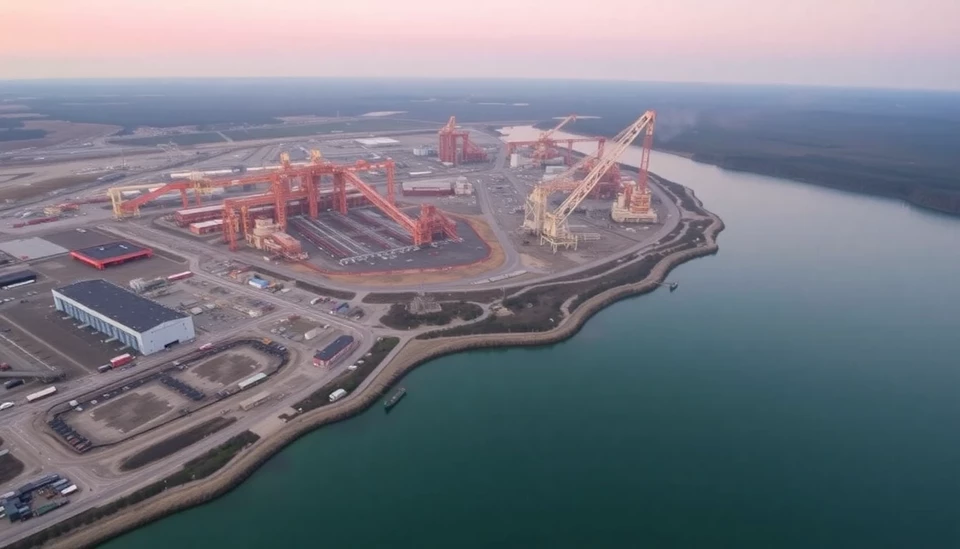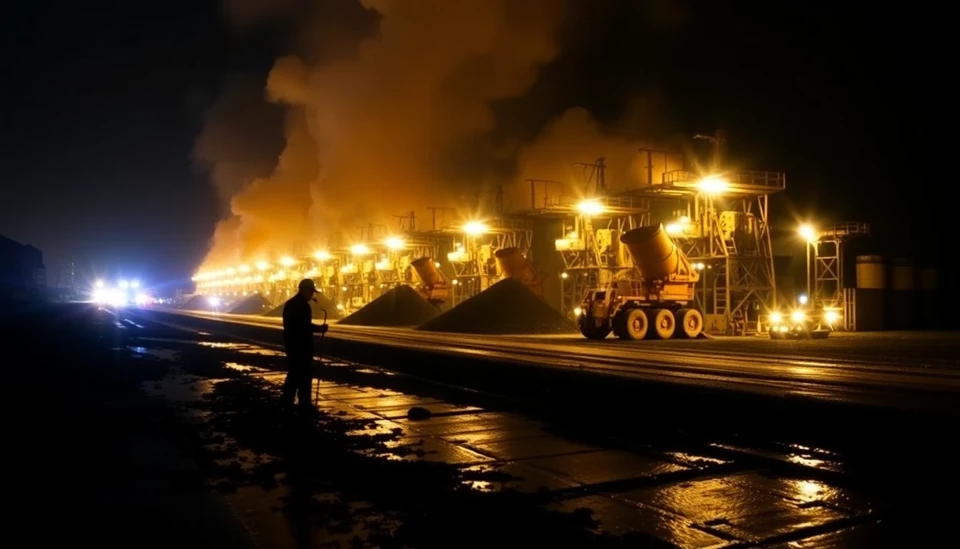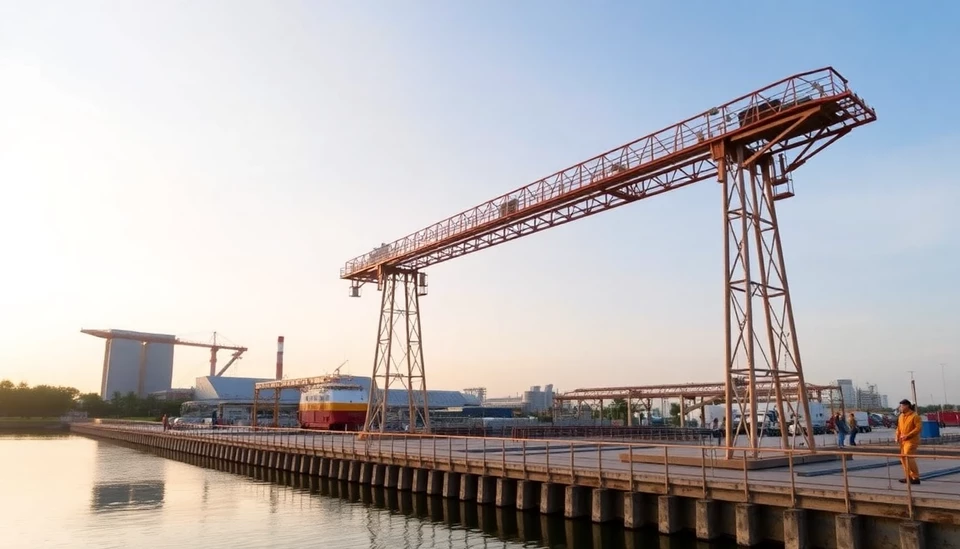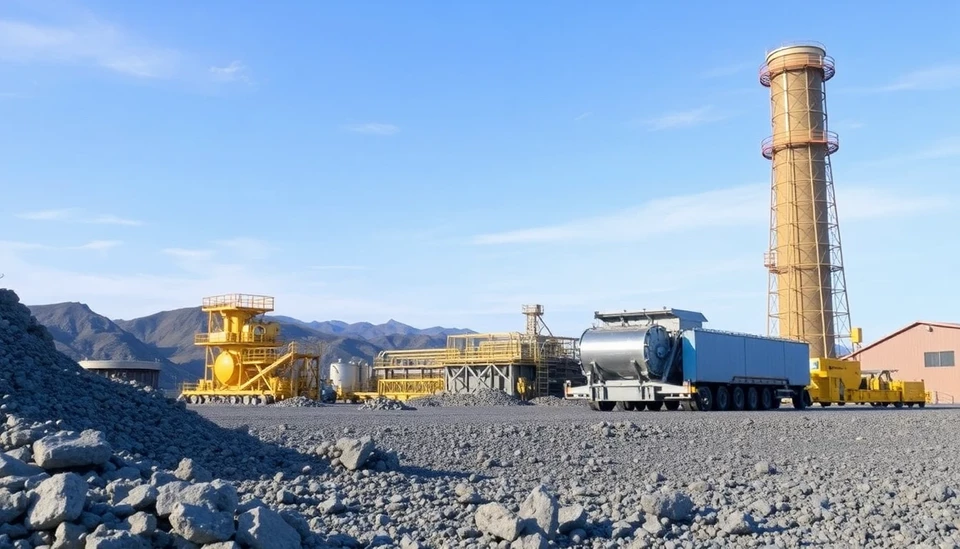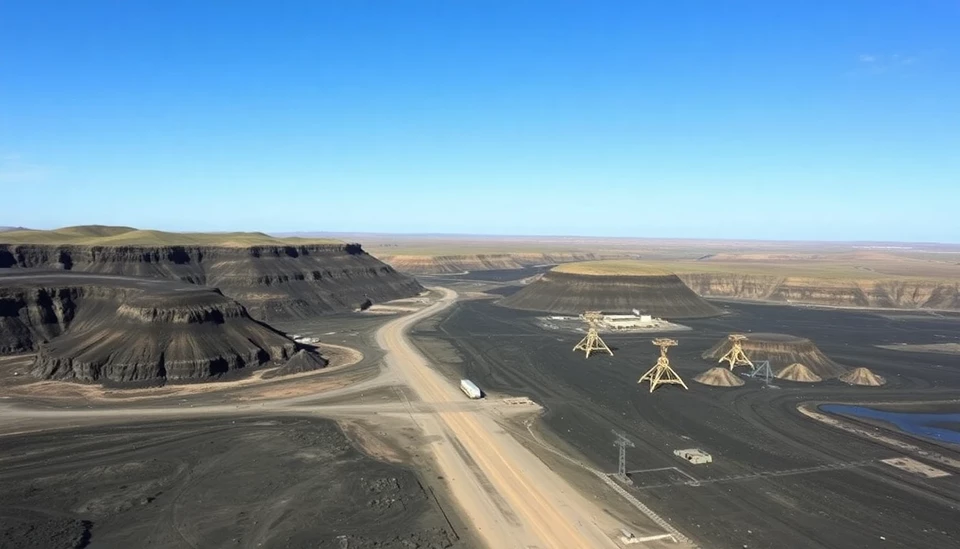
A recent investigation has revealed alarming discrepancies in the reported methane emissions from one of Glencore's coal mines located in Australia. The research, conducted by a team of scientists and environmental analysts, indicates that the mine, known for its controversial environmental record, is emitting significantly more methane—an extremely potent greenhouse gas—than the company has disclosed.
Methane is known for its effectiveness at warming the planet, with a global warming potential many times greater than that of carbon dioxide in the short term. The eye-opening findings have raised urgent questions about the transparency of coal mining operations and their implications for climate change as governments worldwide aim for net-zero emissions in the coming decades.
According to the study, the discrepancies stem from outdated modeling methods used by Glencore that fail to capture the dynamic nature of methane leaks at the site. This shortfall could result in a significant underestimation of the mine's environmental impact, further compounding concerns from climate activists and local communities alike.
Furthermore, the findings are particularly critical as they come at a time when the global community is pushing for aggressive measures to combat climate change. Analysts argue that underreporting such emissions could impede efforts to hold corporations accountable for their contributions to climate change, ultimately leading to insufficient remedial actions.
The mine in question, part of Glencore's extensive operations in Australia, serves as a pivotal case study highlighting the need for more stringent regulations surrounding methane emissions in the coal sector. With the global reliance on fossil fuels coming under increasing scrutiny, the implications of this investigation could reverberate beyond Glencore, potentially affecting coal mines worldwide as public and governmental pressure grows for enhanced transparency and environmental responsibility.
This shocking revelation underscores the ongoing debate between fossil fuel interests and environmental sustainability, prompting calls for improved oversight and transparency in emissions reporting. As nations strive toward ambitious climate goals, ensuring that corporations adhere to more rigorous emissions standards becomes paramount in mitigating climate risks.
In response to the concerns raised by the findings, environmental groups are calling for immediate actions from regulatory bodies to ensure companies like Glencore are held accountable for their emissions. This could include more frequent and detailed reporting requirements, as well as potential penalties for companies failing to comply with established environmental standards.
As the world continues to grapple with the climate crisis, the implications of underreported emissions aren't merely academic; they have real consequences for policy-making and the future of global climate efforts. The stakes are high, and the coming weeks will likely see further discussions centered around the need for greater accountability in the fossil fuel industry.
In conclusion, the revelations about Glencore's emissions practices should serve as a wake-up call to both industry leaders and regulators. Without proper oversight and accountability, the global community risks further exacerbating the climate crisis, undermining trust in the commitment to reduce greenhouse gas emissions, and jeopardizing the health of our planet for future generations.
#Glencore #MethaneEmissions #ClimateChange #FossilFuel #EnvironmentalImpact #Transparency #CoalMining #Sustainability #Australia #GreenhouseGases
Author: Megan Clarke
